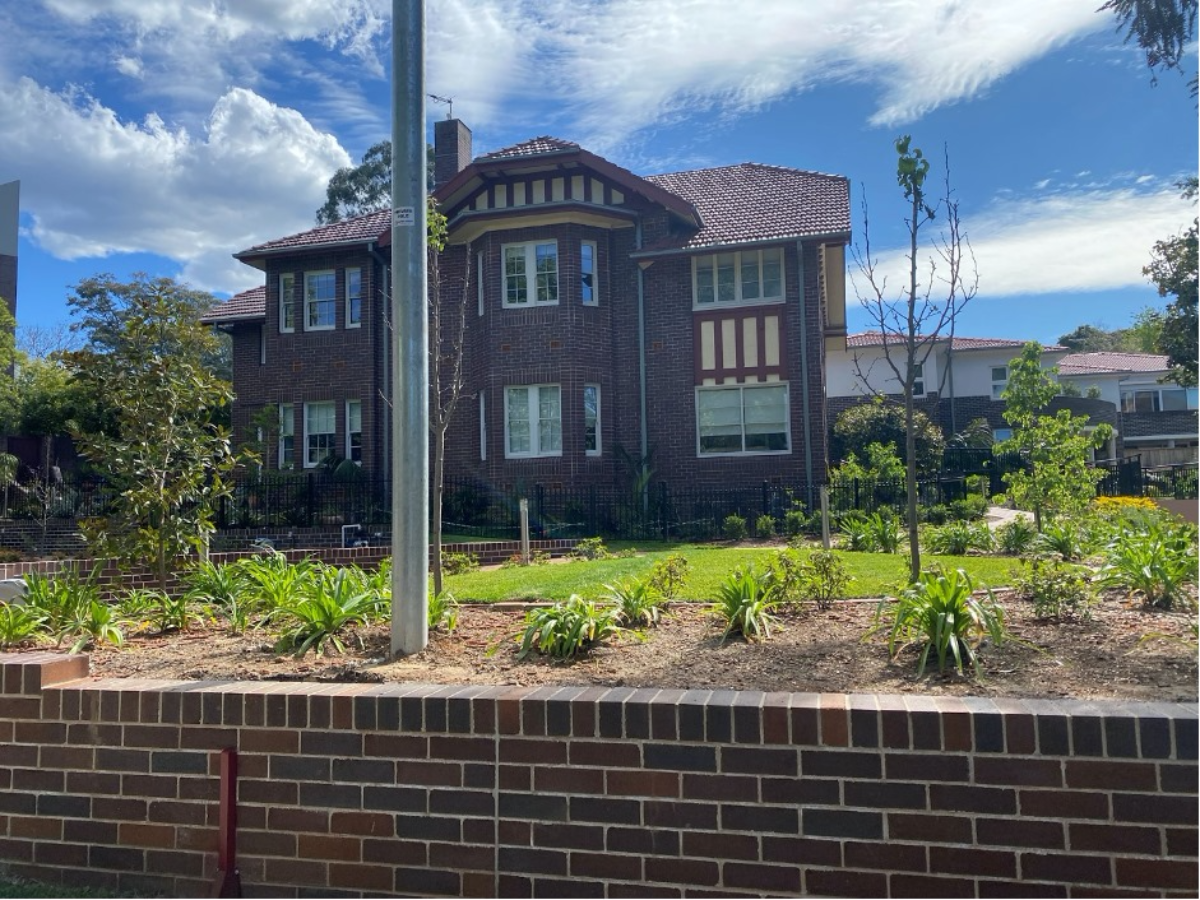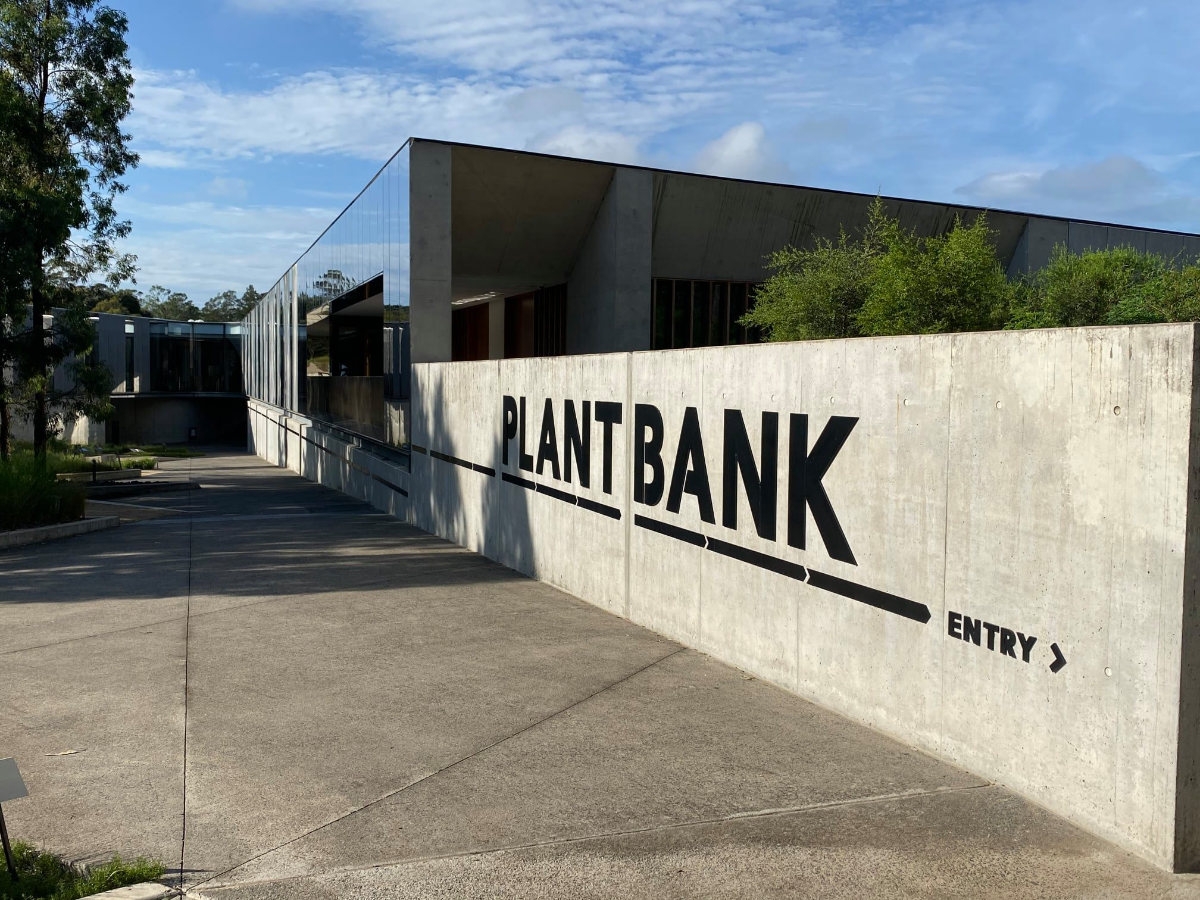
It’s no secret that there are defects in newly constructed high-rise developments. However, the problem of new construction defects is not limited to Sydney but is even spreading in entire Australia.
The new obligations on developers are published in Part 11 of the Strata Schemes Management Act 2015.
The new legislation will be enforced retrospectively so that all buildings need to have had an independent building inspector and the property developer. That means the building inspector will have to check every nook and cranny of the property. The property developer should pay a bond to cover the total cost of rectifying any defects that may arise in the building.
When Does It Apply?
This scheme only applies to developments where:
- the building has four or more storeys;
- the building is for residential or a combo of residential and commercial aspects); and • the building contract between the developer and the builder entered into on or after January 1, 2018.
Home Building Compensation Fund covers the buildings with less than four storeys.
How Much is the Bond?
2% of the work contract value is the total amount of the bond, which needs to be paid to the DFT or Department of Fair Trading. If there is no written work for the building work or the developer and builders are a single entity, the quantity surveyor will determine the contract price.
Before the Council or another authority issued the occupation certificate, the bond should be lodged. This is important before the unit selling in the building can be completed.
The bond can be paid by bank, cash or another form of security that’s acceptable to the Strata Schemes Management Regulation 2016.
When Does the Building Inspector Come In?
The building inspector must be autonomous of the developer. This is important to ensure that there’s no bias in disclosing any findings that can be seen.
The building inspector should inspect between 15 to 18 months after completing the building work.
If there are no identified defects, the bond is released to the property developer two years after completing the building work.
If defects are identified, the original builder must rectify them, and the building inspector must re-inspect the building.
Building bonds will shoulder the cost of rectifying the defects, but the amount must be agreed upon by the Owners Corporation and developer of the building.
If an agreement is not settled, some dispute resolution avenues can be done.
What the Building Bond Means for Developers, Builders, and Contractors?
The legislative revisions mean higher risk and liability for developers of residential building works that form part of a strata scheme. Developers may find ways to pass on this risk and make changes to contracts with contractors and builders.
Passing the on bond to the contractors or requiring any security held by the developer covers the 2% bond until after the two-year liability period expiration.
Increased obligations of builders and contractors to include the rectification of defects identified in the building inspector’s interim and final reports.
Extending the 12-month defect liability period to two years. This way, builders and contractors are accountable to fix the defects noted in the building inspector’s report.
On the other hand, contractors will need to consider the risk’s cost and factors into the contract price.
What Is the Benefit for Owners?
The building bond is meant to rectify defects after the early identification of issues in the building work faster. This way, we can expect that owners will avoid the typical rectification process, which is time consuming and expensive.
Since there’s a possibility of an increase in building contract costs, there will also likely be an increase in the prices of purchasing off the plan.
However, owners also need to be conscious of their obligations to allow access to the unit to enable remediation.
How Does Effective Building & Consultancy Can Help You?
Whether you are on the purchasing stage, need advice on the contract, or have strata issues, you can always call our professional building consultant, Elie Farah, at 02 9613 3353 to help you.





